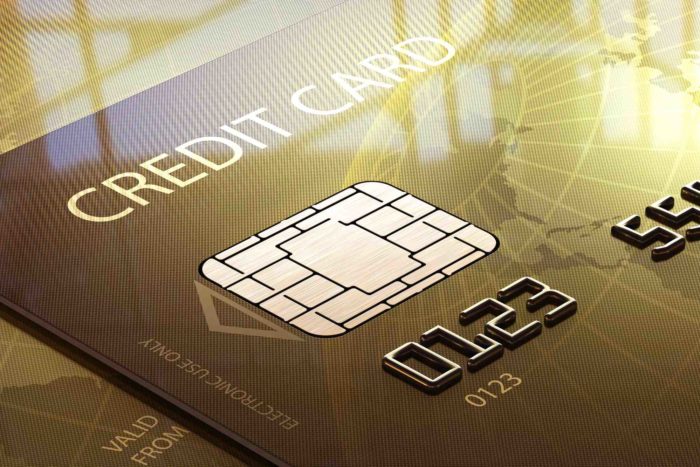
A New Jersey consumer is claiming Bank of America deliberately makes its automatic credit card payment options confusing to generate more interest revenue.
In his proposed class action lawsuit, Michael Jette reports that he opened a Bank of America credit card in December 2019. As he had done with previous cards from other companies, he immediately went to the bank’s website and set up automatic monthly payments from his bank account. His intention was to pay off the entire credit card balance each month, thus avoiding debt accrual and interest charges.
Jette says he made hundreds of dollars in purchases on his new card every month after that, under the assumption that he was paying off the full balance each month.
It wasn’t until May that he reviewed his statements and discovered Bank of America had been withdrawing only the minimum amounts due from his account. As a result, he had accrued interest charges totaling $218 on a balance of more than $4,500.
The issue, he claims, stems from the complex list of options in Bank of America’s automatic payment setup menu.
Credit card issuers generally offer customers a way to generate recurring automatic withdrawals from their bank accounts to avoid the possibility of late payment fees.
Most — including Chase Bank, Capital One and USAA — provide three options for the amount to be withdrawn: the minimum payment due to keep the account current, the balance shown on the most recent statement, or a fixed monthly amount.
American Express offers a fourth choice: “Total Balance,” clearly defined as the full account balance, including purchases made after the current statement was issued.
However, Jette argues that “Bank of America invented a duplicative fourth option that intentionally misleads consumers into incurring unwanted credit card debt and interest charges.” Above “Minimum Amount Due,” “Account Balance” and “Fixed Amount,” Bank of America provides the vague “Amount Due” as its default option for recurring payments.
Bank of America’s description of “Amount Due” reads: “Every bill has an amount due. Some bills, such as credit cards, will have additional options for paying what’s due. Selecting this option may leave a balance due. Not paying the full amount due could result in fees or finance charges.” This ambiguous explanation can be found only by clicking on a link, the filing notes.
Given the menu’s wording and construct, “reasonable consumers would expect ‘Amount Due’ to mean the statement balance, while ‘Account Balance’ would be an option similar to American Express’ fourth option (i.e., the statement balance plus any other purchases made since the statement date),” Jette maintains in his lawsuit. “At a minimum, reasonable consumers would expect ‘Amount Due’ to mean something different from ‘Minimum Amount Due,’ since that option exists independently.”
And yet, selecting the default “Amount Due” — as Jette did — has exactly the same result as choosing “Minimum Amount Due.”
“’Amount Due’ is a duplicative feature that serves no purpose except to confuse customers and inflate Bank of America’s profits,” he claims. “Bank of America, which collects interest charges as profit, makes less money when customers pay their entire account balance every month and do not incur interest.”
Jette alleges that the bank manipulates consumers into choosing “Amount Due” by setting it as the default at the top of its list of options. He also notes that the four choices are not listed in any discernible order, such as alphabetically or by payment size.
“There is no reason for Bank of America to offer both the ‘Amount Due’ and ‘Minimum Amount Due’ options other than to confuse cardholders and profit from their confusion,” he states.
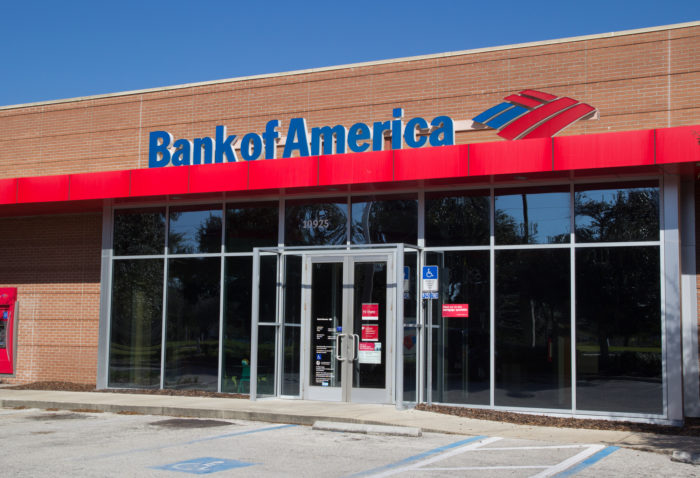 Because Bank of America is based in North Carolina, its credit card agreements specify that North Carolina law applies to its accounts.
Because Bank of America is based in North Carolina, its credit card agreements specify that North Carolina law applies to its accounts.
Therefore, Jette is claiming violations of North Carolina’s Unfair and Deceptive Trade Practices Act and Debt Collection Act in addition to unjust enrichment and breach of the implied covenant of good faith and fair dealing.
On behalf of himself and others who selected the default autopay option, the plaintiff is demanding a jury trial in hopes of recovering statutory damages, exemplary and/or punitive damages, court costs and any other relief deemed appropriate by the court.
Jette is represented by James C. Shah and Natalie Finkelman Bennett of Shepherd Finkelman Miller & Shah LLP; and Hassan A. Zavareei and Katherine M. Aizpuru of Tycko & Zavareei LLP.
The Bank of America Credit Card Class Action Lawsuit is Michael Jette, et al. v. Bank of America NA, Case No. 2:20-cv-06791, in the U.S. District Court for the District of New Jersey.
ATTORNEY ADVERTISING
Top Class Actions is a Proud Member of the American Bar Association
LEGAL INFORMATION IS NOT LEGAL ADVICE
Top Class Actions Legal Statement
©2008 – 2026 Top Class Actions® LLC
Various Trademarks held by their respective owners
This website is not intended for viewing or usage by European Union citizens.



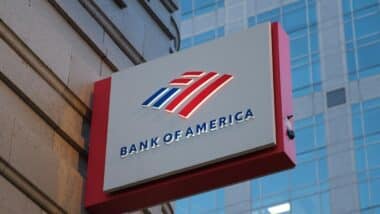
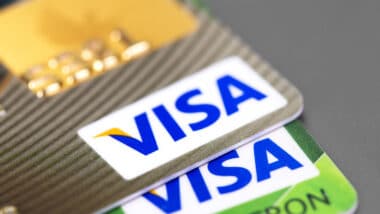
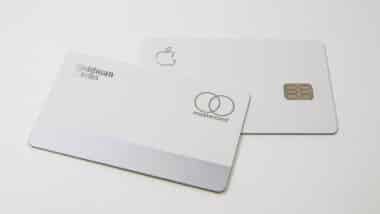
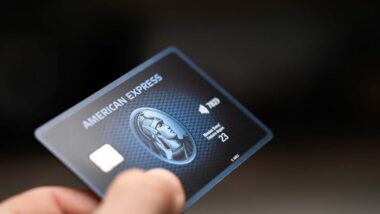

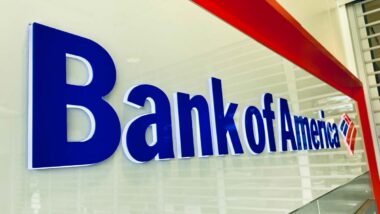

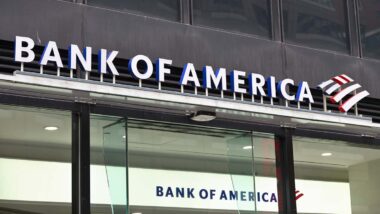




12 thoughts onBofA Class Action Alleges Deceptive Credit Card Autopay Options
BoA is still at it. I recently opened a credit card account with BoA. Made a balance transfer. Went to set up autopay, and only 2 options were available, minimum amount due or entire balance. However, I wanted to set a custom amount. There was a helper link next to the options which described 3 options, the 2 I could see, plus the one I wanted to use, fixed amount, but that 3rd option wasn’t available in the dropdown menu. Frustrated, I called customer service. The woman stated that as of November 14, 2002 the fixed amount option was removed. Absolutely unbelievable. Literally a text book example of bad user experience. I think my next move might be to set up autopay from my checking account directly. And to never use this credit card or do business with BoA ever again.
BoA Pay Site is simply that, a trick bag waiting for a sucker to come along. How many out there have keyed an entry only to find that pressing a letter or numeral resulted in two being input. My wife in her zeal to pay all the bills that would come due while she was on vacation went on BoA Pay Site and paid our Alaska credit card. Only instead of inputting $5184.68 the computer entered 51844.68 and BoA put a hold on our account. Of course they didn’t call or anything they just continued repeatedly trying to run the 51 thousand dollar amount and charging a fee for as many times as they could run it. My wife had no clue there was a problem until she tried at the airport to buy something with the card and found the account had a hold on it. And called me.
The next day I spent almost 6 hours going from one department to another attempting to fix the problem. Following their instructions I put a stop payment on the 51k and went online and made the payment in the correct amount. I spoke to Tatiana in fraud and she said she lifted the hold. But that was a lie. Now my wife is in a foreign country, Spain, and the only card she took with her can’t be used. And there is no logical explanation why there is a hold in the first place. The account is paid weeks in advance of the due date and their instructions were followed to the letter.
One other thing, BoA Pay Site unlike many other commercial websites, has nothing setup in protection so that if a person were to enter an amount obviously 10 times greater than the amount due would initiate a popup warning “Do You Wish To Proceed”. No they would rather you make the mistake so they have the opportunity to screw the customer over for fees each time they try to collect what would otherwise be an obvious mistake.